Alex Ferguson didn’t suffer fools gladly. In fact, he didn’t suffer them at all and always adopted the attitude at Pittodrie: “It’s my way or the highway”.
So it needed a big character to stand up to him and question his decisions and it took a lot of steely resolve to interrupt the fabled Govan grouch in full Malcolm Tucker mode.
Willie Miller was one of the few exceptions to the rule and that’s because he was the embodiment of all the values on the pitch which Ferguson oozed off it: committed, unsparing in the high standards he set for himself and expected from others, and somebody who never took a backward step in his career, whether tackling opponents or letting referees know what he thought about their decisions.
Miller’s CV is a testament to how his philosophy worked, both at Aberdeen where he skippered the Gothenburg Greats to victory over Real Madrid in 1983, and for Scotland, with whom he won 65 caps and was one of their stellar performers in the 1980s.
Dons fans voted him their greatest-ever player in a centenary poll in 2003 and, even at the age of 67, he is inspiring youngsters in Aberdeen with his name adorning the new Cruyff Court which he opened last week [August 18] in a blaze of publicity.
He is in the SFA’s Hall of Fame and his name is inextricably linked to one club for whom he made 560 appearances and collected prizes in every competition he entered.
And he’s the only Scottish player to lead his club to two European trophies, with the Super Cup success over Hamburg following the European Cup-Winners Cup triumph.
So here’s a question: if Aberdeen City Council is wondering about the latest recipient of the Freedom of the City, surely they have to conclude it’s Miller’s time?
Fergie, after all, gained the honour back in 1999 and has spoken effusively about the myriad qualities of his Captain Fantastic during the glory years of the 1980s when Aberdeen feared nobody, at home and abroad, and reached such stratospheric heights that it was inevitable they would struggle to replicate the process in the last 30 years.
As he said: “Willie Miller was my mirror on the park, the best player to emerge in Scotland in the 15 years from the early 1970s to the late 1980s.
“The fact that Rangers and Celtic’s players were afraid of Willie’s presence was a measure of the figure he became in Scottish football. As a leader, he came into the class of John Greig and Billy McNeill, the three most successful team captains we have seen.
“I realised Aberdeen were really going places when we beat Rangers [4-1 after extra time] in the Scottish Cup final of 1982. To go to Hampden and dominate an Old Firm team gives you reason to believe you are a decent side and the players sprouted wings.
“[Scotland manager] Jock Stein recognised their capabilities and, by 1984, had five of them in the Scotland ranks – Miller, [Jim] Leighton, [Alex] McLeish, [Gordon] Strachan and [Mark] McGhee. Jock played as big a part as anyone by doing that.
“Willie had started getting his place in the national team on a regular basis over Alan Hansen and Gordon McQueen. And he absolutely deserved it.”
The duo didn’t hit it off immediately when Ferguson arrived from St Mirren in 1978. As two tough-as-task Glaswegians, these proud individuals weren’t inclined to share niceties and platitudes when the going got tough.
Thus, when Ferguson rounded on McLeish after a 2-1 defeat to Hearts at Pittodrie early in his tenure, Miller spoke up and said: “Why don’t you get on to the older ones?”
That sparked an argument and the Press and Journal even carried a piece: “What’s wrong at Pittodrie?” where Ferguson was alleged to have had a fight with Miller.
But if there was any disharmony, it was swiftly sorted out. And, let’s be honest, neither man has ever struck one as being a potential peacemaker at the United Nations!
As Miller explained: “When Fergie arrived, he used to keep referring to his St Mirren players and that annoyed me. He had his ideas on how the game should be played and I had mine, but we saw each other’s point of view and there was a compromise.
“Through the arguments, we had a couple of head-ons and I felt the better for it.
“His aggressive style of man-management didn’t bother me; in fact, it helped. Perhaps he should have changed the style for other players who couldn’t take it, but his great strengths were his tactical ability and his motivation. He knew how to play the top European teams and had the knack of choosing the right players for the occasion.
“And, over the piece, you just can’t argue with what he achieved at Aberdeen. The titles, the cups, the success in Europe….it’s all there for everybody to see.”
One strange aspect of this story is that Miller was given the opportunity to move to England on lucrative terms when his contract came to an end in 1981 and he travelled down to Sunderland to discuss the matter with the Roker Park club.
Ferguson, for his part, was offered the managerial job at Wolves the following year, offering a quirky “what if one or both had left Pittodrie before Gothenburg?”
But Miller was a shrewd cookie and could sense the momentum was being cranked up under the Ferguson revolution in the city of the Northern Lights.
And, in any case, Sunderland were hardly one of the heavyweights in their division.
Miller said: “I would have been substantially better off [on Tyneside], but I didn’t like the place. It was a big club, but it was like a mausoleum.
“They were living in the past and mainly on the memory of winning the FA Cup in 1973, with a goal scored by Ian Porterfield [who eventually succeeded Ferguson in 1986].
“So I stayed with Aberdeen and I did not regret my decision. The success we had has been much more important than money. That success culminated in Gothenburg and it is only later that you realise how important it is to win a European trophy.
“You build up a reputation, become accepted in Europe, and it doesn’t go away.”
Ultimately, it’s impossible to look beyond Ferguson and Miller as the best who have ever walked into Pittodrie, in terms of the perfectionism they sought, the achievements they amassed and the massive legacy which they imprinted on Aberdeen’s history.
And while nobody disputes Denis Law’s contribution to his sport, he never actually turned out for his home city club after joining Huddersfield in the late 1950s.
Next year will be the 40th anniversary of that unforgettable night in Gothenburg and the council could consider granting the Freedom of the City to the team which performed heroics – even if one of their number, Neale Cooper, sadly died in 2018.
But, in the end, Miller was the driving force, the impetus, Fergie’s “mirror” – and maybe he should be given the reflected glory as we move towards 2023.
More like this:
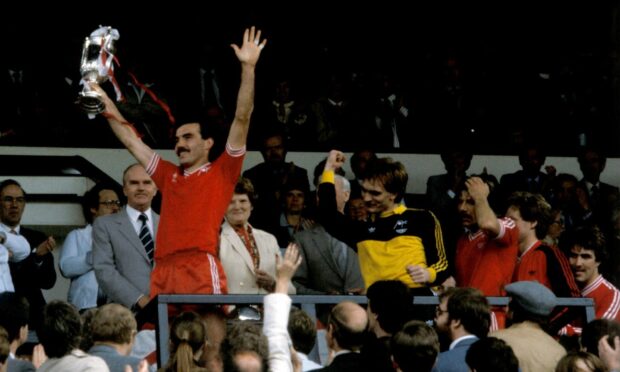
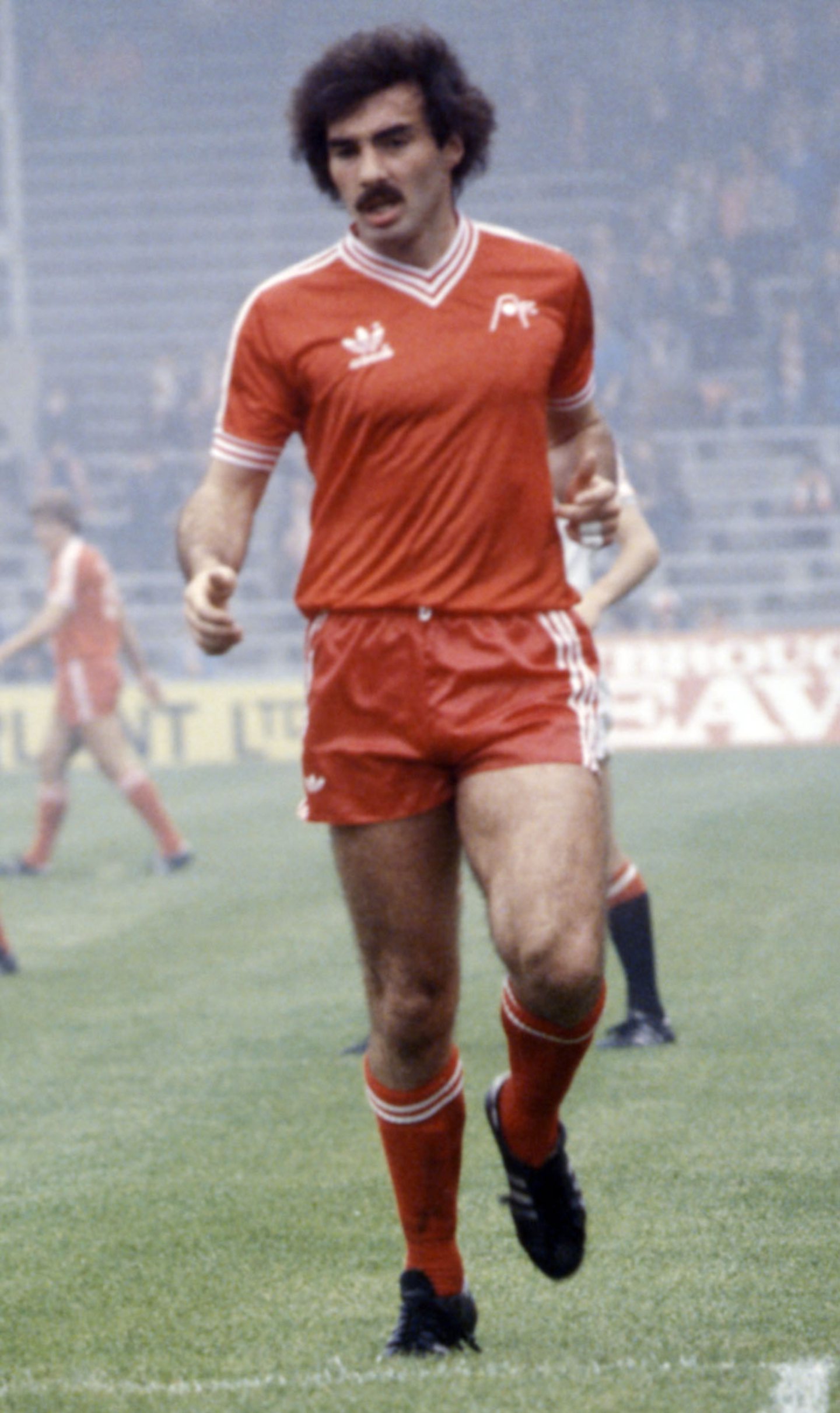

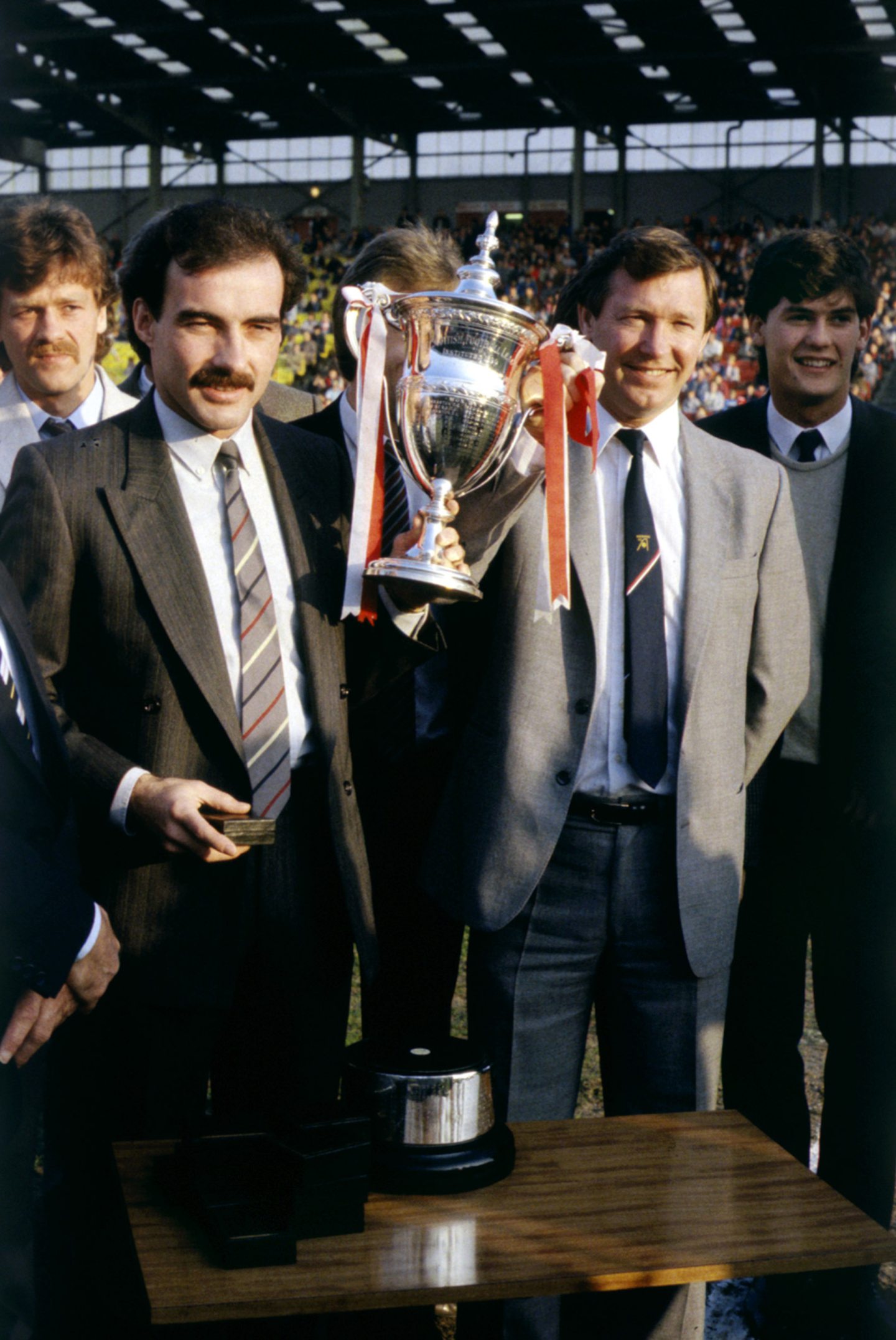
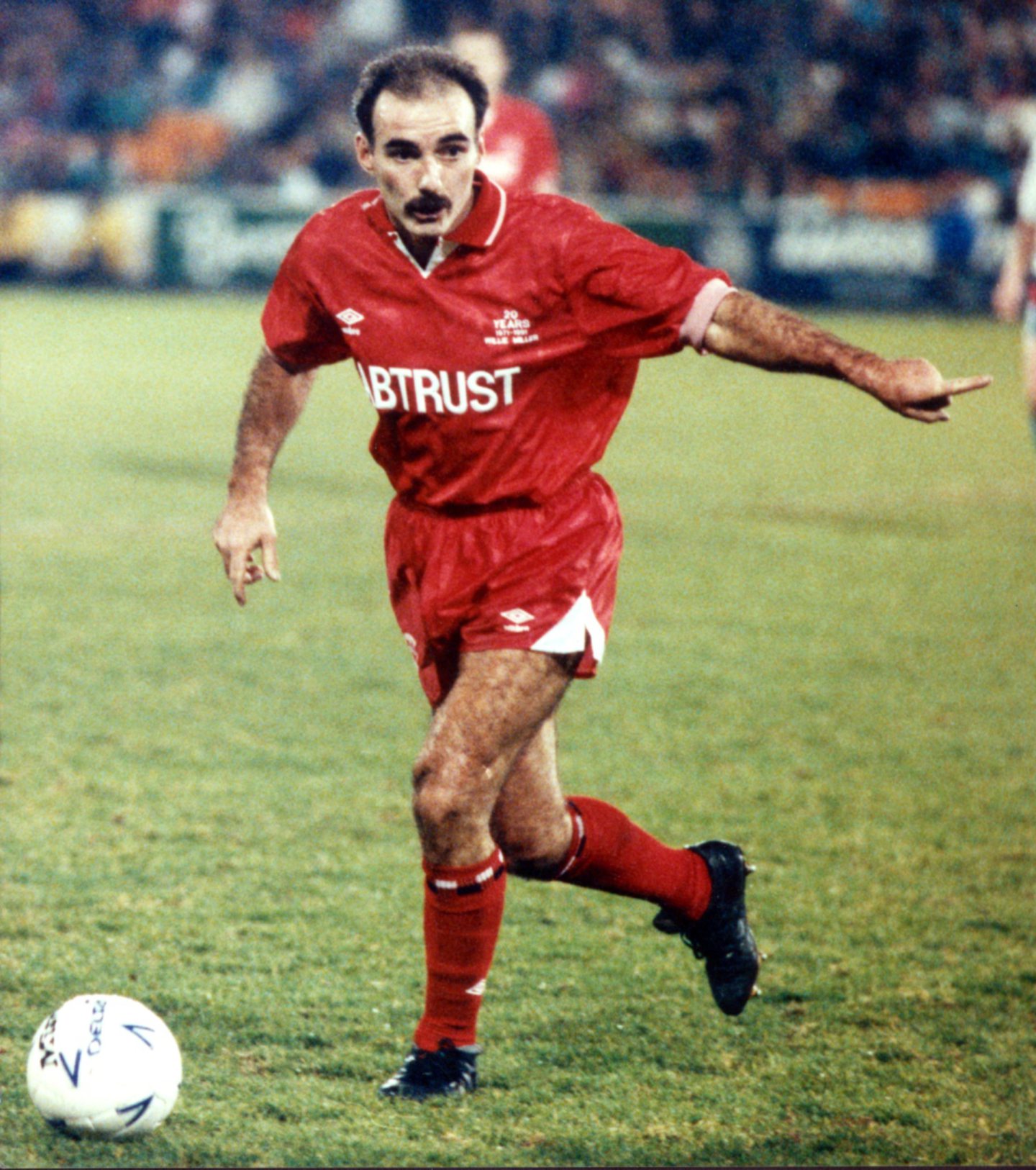
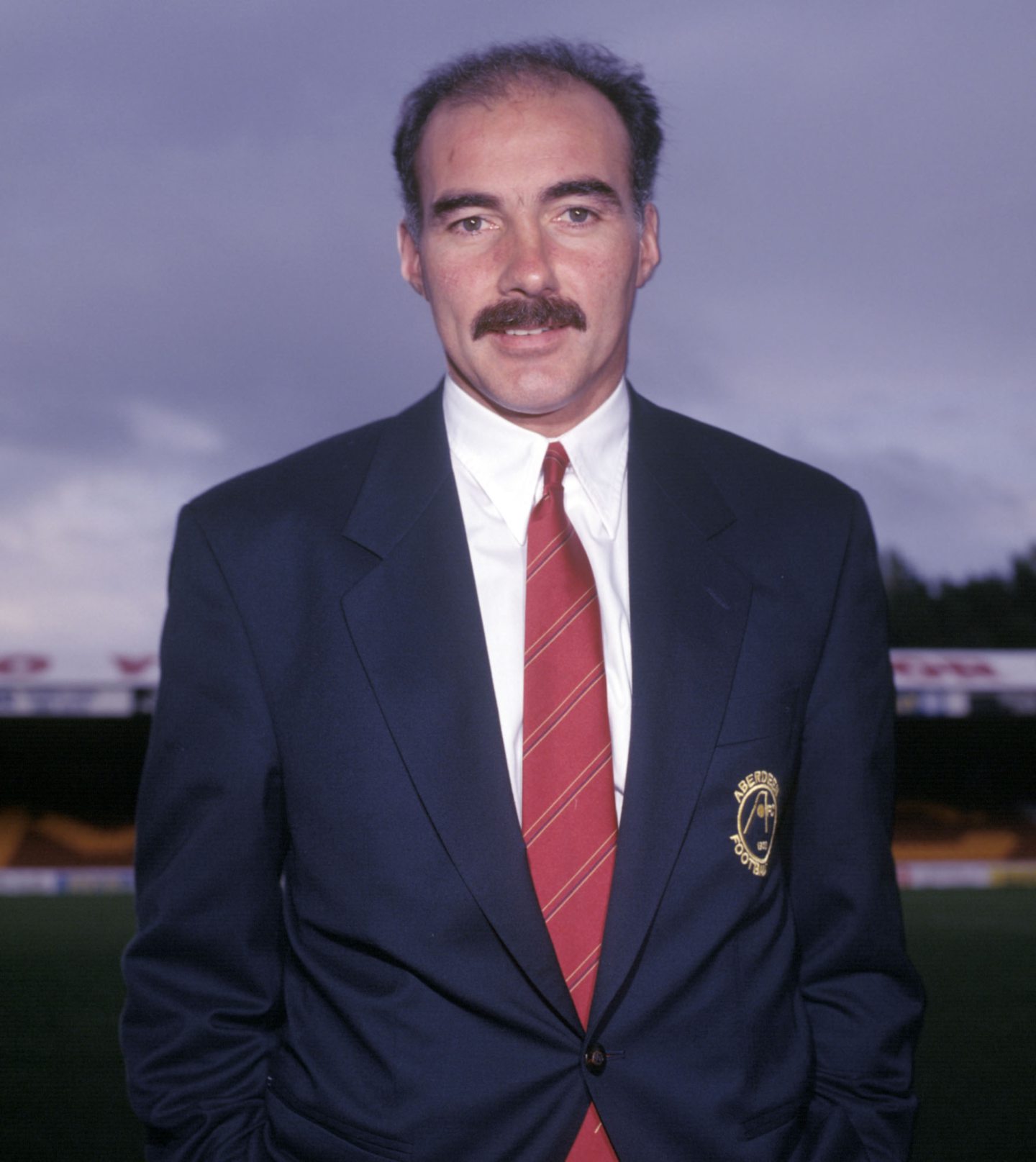
Conversation